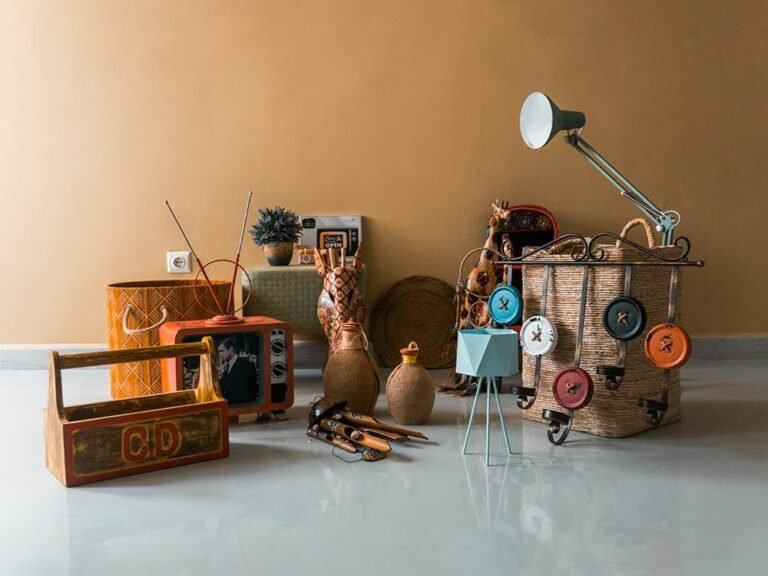sont, ont, font, vont
In French, certain verbs such as “être” (to be), “avoir” (to have), “faire” (to do/make), and “aller” (to go) have unique conjugation patterns. Interestingly, the third person plural forms (“they” form) of these verbs all end in “ont.” No other French verbs have the “they” form ending in “ont.” This article will explore the present…





